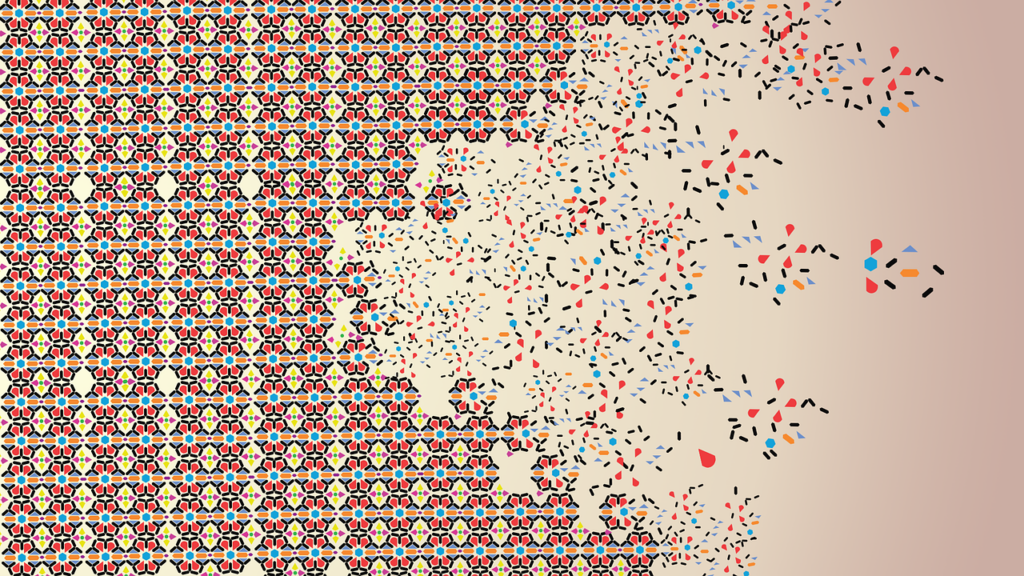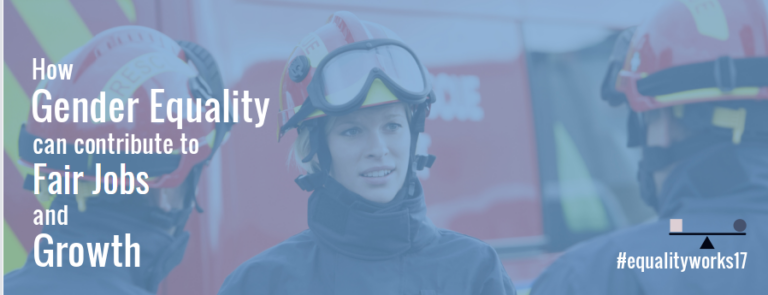In preparation for our FemTALK, we sought to invite all kinds of different voices who combined feminisms in their art. From the onset, we had one person in mind that we wanted to invite to Brussels and talk about their craft. Elif Shafak, one of the pioneering voices in Turkish literature, is an award-winning novelist, political commentator, public speaker and academic, who writes in both Turkish and English as well as combines Western and Eastern cultures of storytelling. She tackles the individual and multi-layered experiences of women, minorities, immigrants, youth, ‘the other’ and explores challenging issues such as domestic violence and honour killings.
Although she was not able to attend FemTALK she sent us her best wishes via a video message which can be found on our Facebookpage and sat down with us about her thoughts and experiences on art, literary voices, feminsims, Turkey and so much more!
On fiction and reality:
My work is not autobiographical, I mean there are echoes in the novels, but for me, fiction is not an autobiographical journey. In fact, it is the exact opposite because I thought that my life was so boring. I was a single child raised by a single mother and I started writing fiction at an early age. I thought the world of storyland was more real.
I often felt like the ‘other’ in my own country. In my work, there is a deliberate effort to understand and to bring to the centre, people who have been pushed to the margins, people who have been silenced and also turn the hierarchy upside down. I am very interested in minorities and anyone who is treated as the ‘other’ in a given context.
On duality and the role of artists:
I do not like dualities, I find it very limiting. And so much of our politics today revolts around dualities, us versus them, east versus west. We take these dualities for granted, often without realising, and I think it is the artist’s job to introduce nuances into the debate. Because if we lose the nuances then our imagination shrinks, our politics shrinks and the world becomes more aggressive. Empathy is also very important, I guess I am trying to find a third path to break the dualities and the vicious circles and introduce a third path which is much more individualistic. For artists questions matter more than answers, I ask many questions on my books and leave the answers to the reader.
On individuality and the collective:
We all belong somewhere, in a family, in a tribe, or in a nationality and in often times, most of our energy is spent with other people rushing from one place to another. The few times we are alone is when we read, it’s that inner space. And that is very much forgotten in the modern world. But the inner space is what keeps us balance as human beings and my novels addresses that inner space. And I believe that when we are alone, we are always more open minded and open hearted. And that is why fascism is a mass disease, it is contagious. You need multitudes for that. All totalitarian regimes hate individuality, they like uniformity and masses. And my novels challenges that, we see human beings, there is no ‘us’ and ‘them’.
Tongues, languages and literature:
I have been criticised in Turkey a lot for writing in English. They say that I am not a Turkish writer and that I have abandoned my mother tongue. However, this is a 19th century understanding of nation state and nationalism and I will not abide by this. This is the age where people can dream in more than one language, and I love the commute between two languages. And it is not easy for me because English is an acquired language, and yet I love it because I my voice changes, my body language changes. I love the freedom and the cognitive distance. Languages guides us, we do not own them.
On Turkey, diversity and the role of Istanbul in her novels:
Istanbul has always been character of her own. It is a ‘she’ city, and I believe the energy of the city is very feminine. I like to reflect the complexity of Turkey in my novels, because it is extremely important. Tukey is fragmented, it is so fractured and that’s why you need a multiplicity of voices to understand the story better. It should never be a monologue, no matter who is telling a story, there should be an orchestra. Diversity is what we have most in turkey and yet we do not appreciate it nor do we not respect it. Turkey is a multi-ethnic, multilingual and multi –religious empire that turned into a nation’s state, and today we mistrust diversity, and I don’t like that. I think by losing our cosmopolitan heritage and our respect for diversity we have lost a lot in Turkey.
On Today’s world:
It’s very important to understand Turkey now more than ever before because its journey towards a liberal democracy, populist demagogues and the increase of nationalism and isolation, is happening in different countries. But Turkey has been there long before, so we have to take a look at the Turkish case and see the similarities and connections because we are far too globalised to think that what is happening in the US, is an American phenomenon. It is connected to what is happening in Europe, the Middle East, and so we are all in this together.
There have been some horrific attacks from Brussels to Istanbul to Bagdad and in many other parts of the world, but some of the cities have drawn more attention than others and this does not look good through the eyes of the people who do not live in the western part of the world. They are thinking ‘well Europeans do not care about our pain’ and this kind of resentment plays directly into the hands of the extremists. We have to break this vicious circle.
On feminisms:
I come from a country where the word feminist is used as a belittling concept or as a swear word. Politicians used the word in a very negative way, so I always feel the need to defend the word. But between feminists, I am also saying that we need to talk about the feminisms, deficiencies, weaknesses and limits especially in the post-Trump world. Why did so many middle class white women vote for Trump? Why are we categorised in so many ways in terms of race, class and religion for example? There are many questions and so many it is time to talk about post-feminism, which is something that embraces the legacy of feminism but wants to launch it forward, we also need to introduce the word ‘sisterhood’ and I think this is the right time to do it.
Written by Tracey Agyeman, February 2017, EWL Programme Assistant



